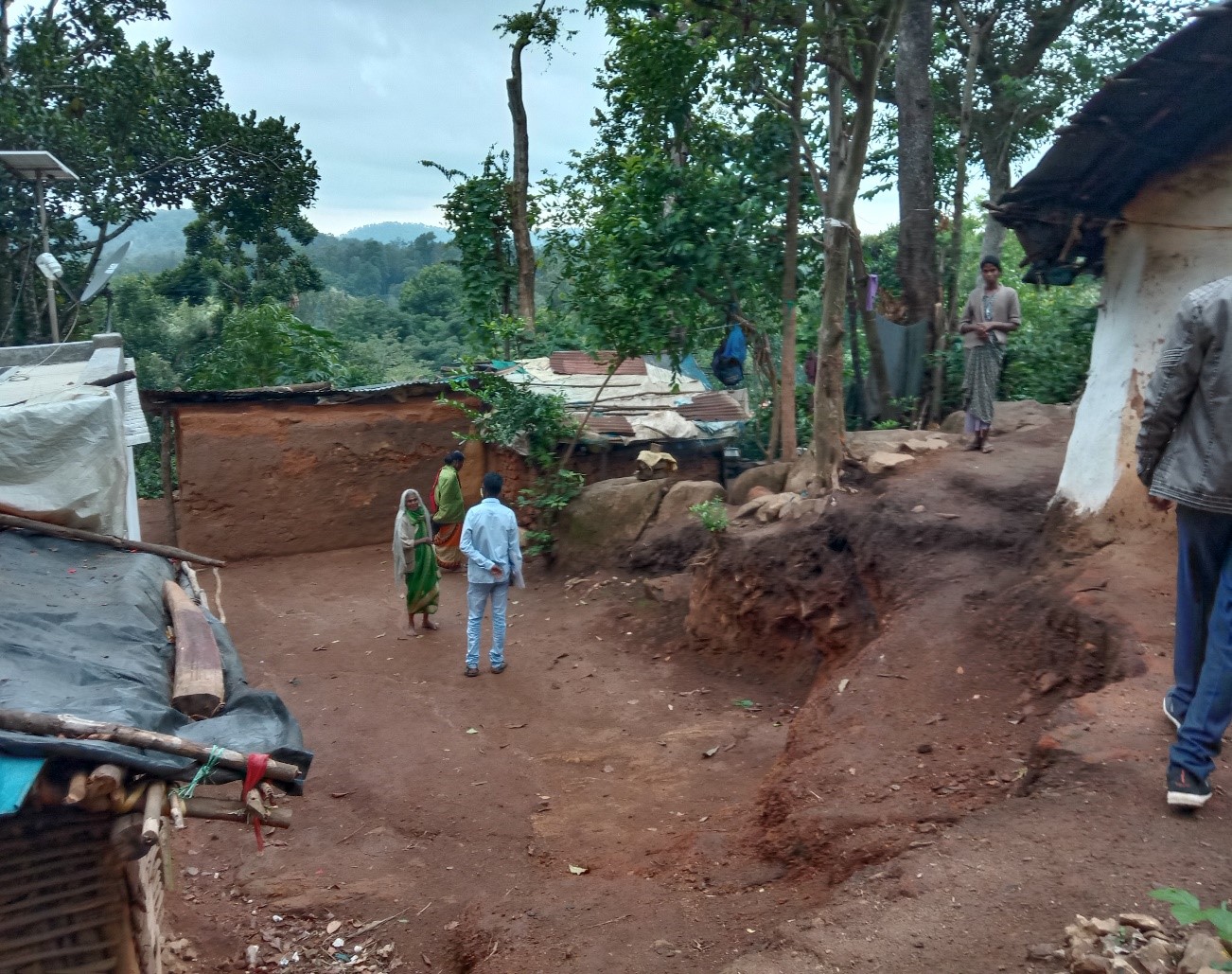As part of Work Package 1a our goal is the exploration of local contextual factors that determine the vulnerability and resilience of forest communities to zoonotic diseases. We aim to determine how the relationship between drivers at the macro- and meso-levels impact and influence knowledge and power relationships at the micro level. In addition, this work package also aims to evaluate the various aspects of vulnerability and resilience that characterizes local communities affected by neglected zoonotic diseases. We aim to examine this through understanding the diverse socio-geographical, and cultural practices and beliefs regarding zoonotic illness history, as well as aspects of vulnerability in the landscape (villages/clusters under study). Community perceptions about disease and environmental change (including links between the two) and the interventions local communities use, including traditional medicine and health-seeking behaviours, will be of interest to this exploration.
Using One Health approaches to understand and co-develop interventions for zoonotic diseases affecting forest communities in India
Zoonotic diseases are believed to be increasing in India as a consequence of deforestation, animal movement, climate change, pathogen adaptation, etc. Of the 1,407 human pathogens that are known to occur, around 816 are of a zoonotic nature and have the capacity to transmit naturally between animals and humans. According to the “International Livestock Research Institute”, every year about 13 or so diseases cause around 2.4 billion cases of human disease and around 2.2 million deaths in India. Major public health zoonoses such as rabies, brucellosis, Japanese encephalitis, plague, Nipah etc. leptospirosis, scrub typhus, and cutaneous leishmaniasis are spreading wider and alarming rate in the country (Kumar et al, 2020).
As part of the socio-political and cultural exploration of drivers of disease transmission, we aim to evaluate aspects related to forest degradation, land tenure, human mobility and policy, power dynamics and knowledge sharing, belief system and seasonal practices that are prevalent in the study sites. We also aim to focus on obtaining the viewpoints of multiple stakeholders across sectors including policy makers, practitioners and affected forest communities.
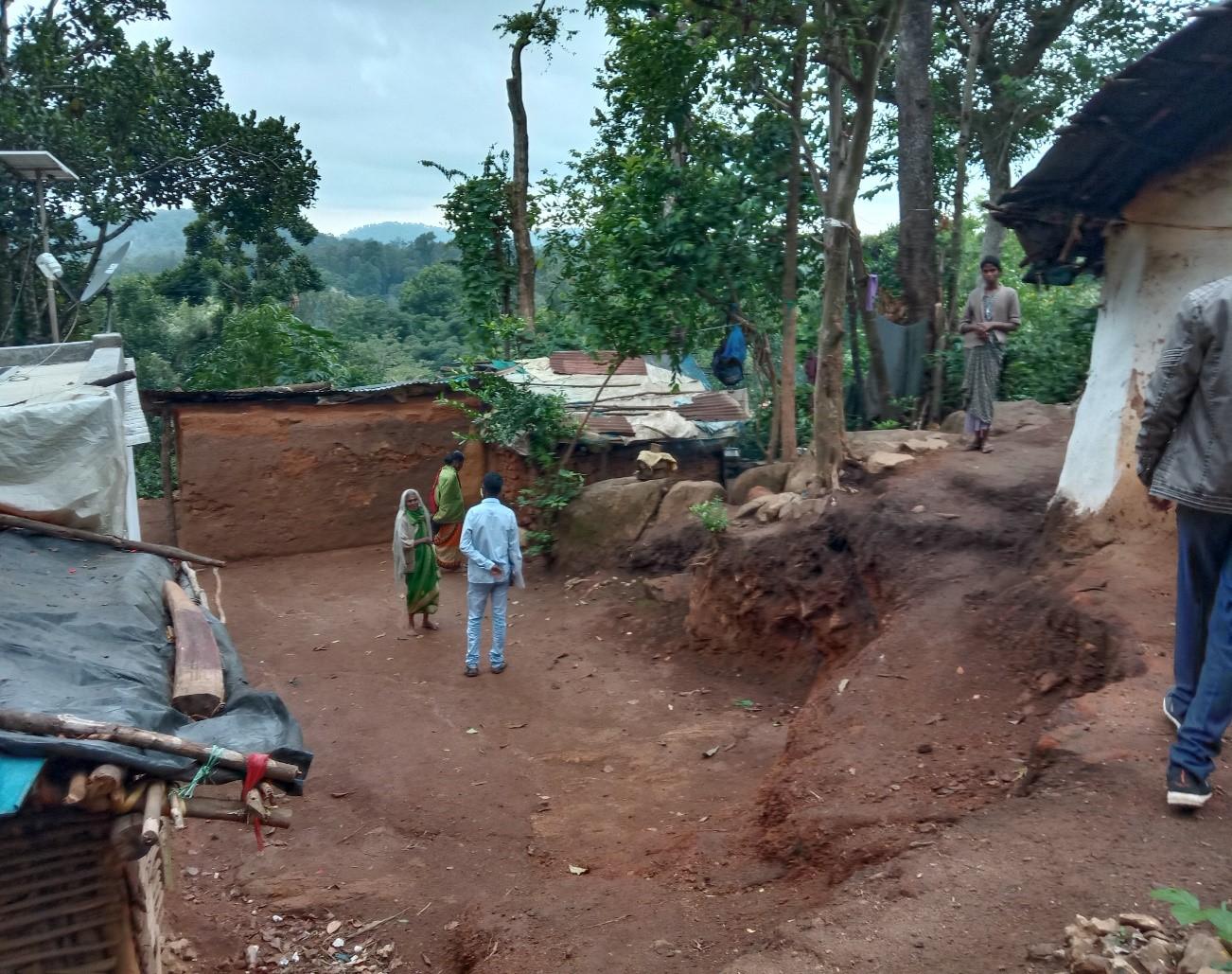
Overview of IZR Work Package 1a
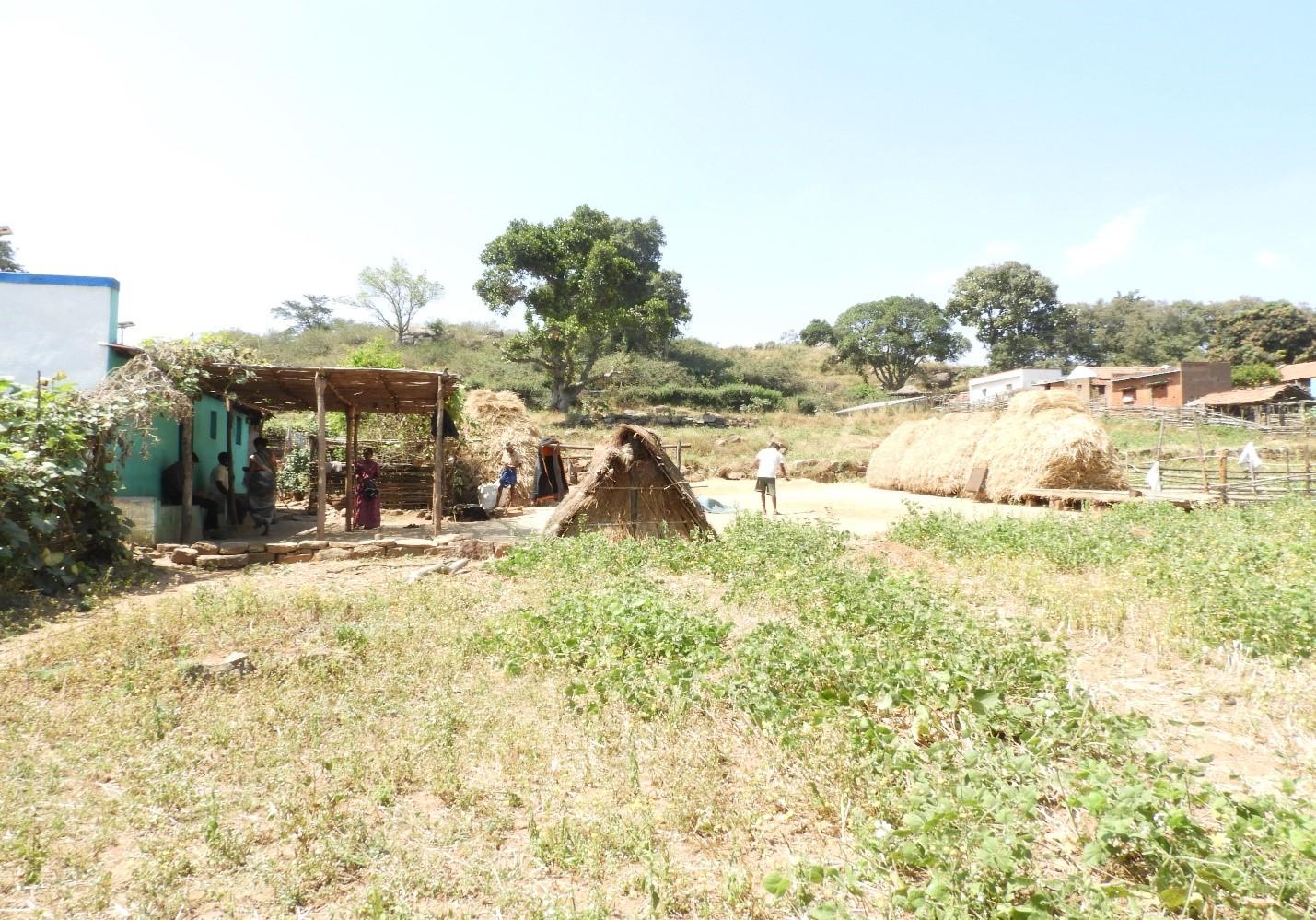
Overview of IZR Work Package 2
As part of Work Package 2, our work will focus on understanding how knowledge-sharing within forest communities and with cross-sector practitioners affects zoonotic disease management. Social network analysis involving various knowledge holders within the system (e.g. village leaders, traditional healers, community health care workers, disease managers, etc.) could inform dominant contributions to knowledge of zoonoses in the village. Individuals’ positions within the social network as well as aspects such as gender, age, caste, livelihood group, village context and land tenure could also be informative towards understanding knowledge and practices surrounding zoonoses. We will attempt to map multi-level relationships, knowledge, information flows and sources of disease awareness and interventions that characterise affected and unaffected individuals in areas of recent disease outbreaks.
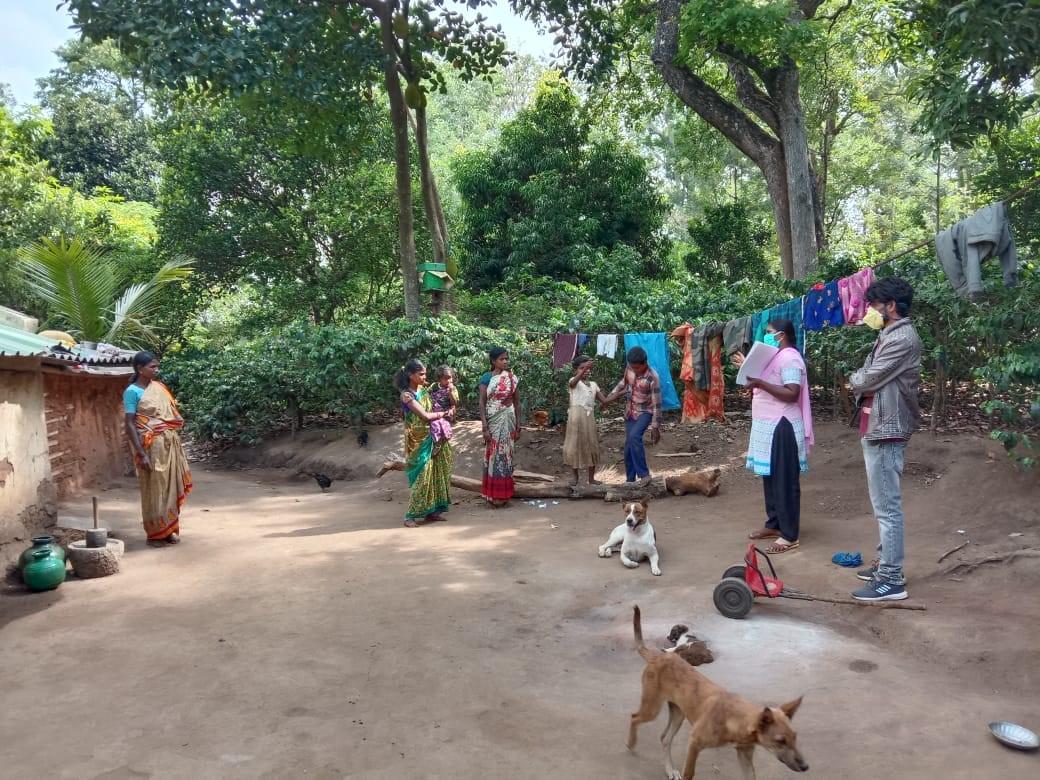
Team members communicating COVID 19 awareness
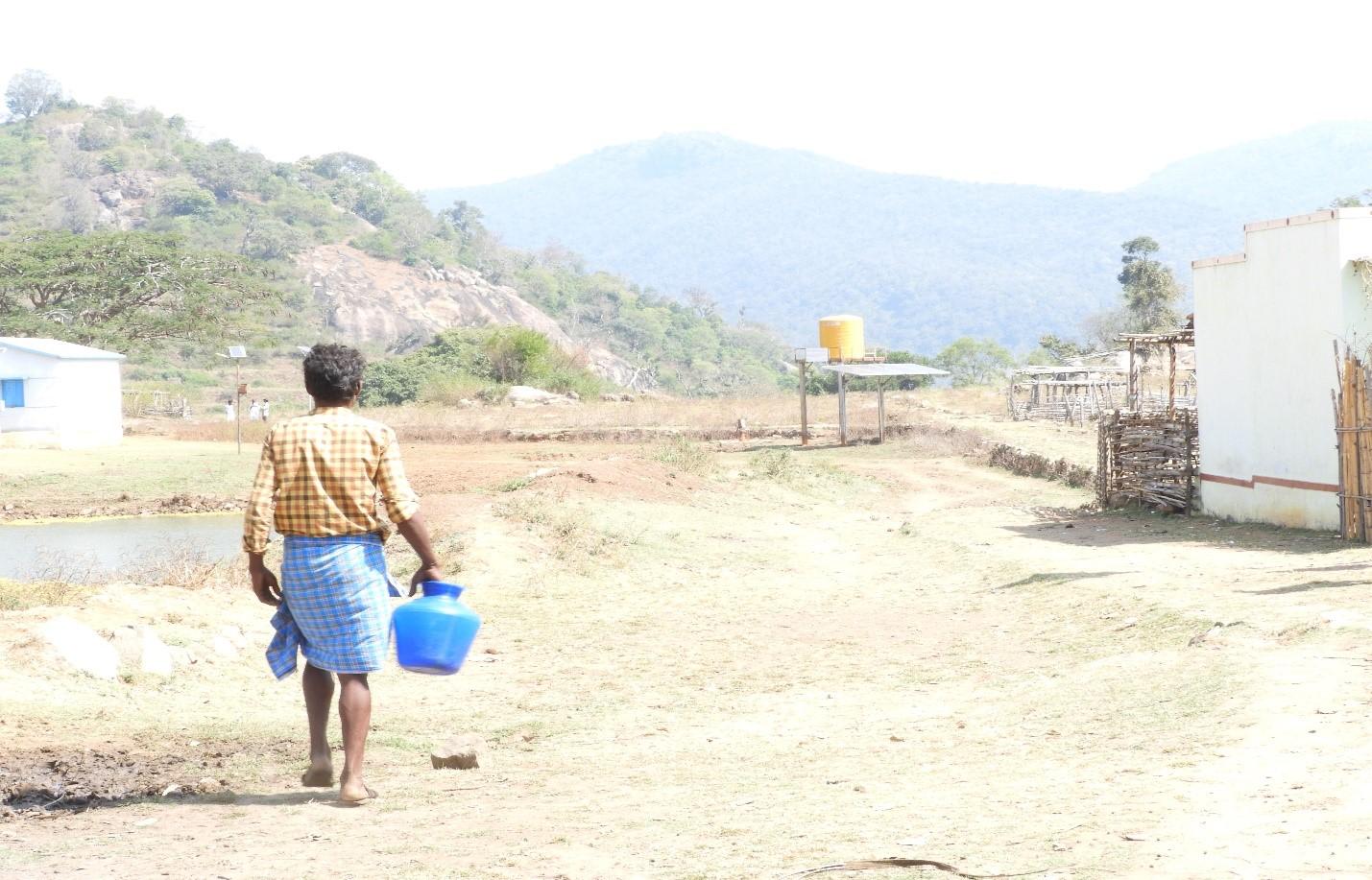
Access to safe water is a concern among other essential services
Approach
Our study will address at least in 2 of focal districts. In each of these, 5 clusters will be selected purposively based on the contextual scenario which could involve diverse socio geographical, political factors, and disease history at landscape level. Data collection will be carried out through focus group discussions, key informant interviews and the collection of oral history testimonies with community leaders and key informants. The selected participants will be local residents of focal village/tribes, key informants will include leaders, traditional healers and knowledge holders, health managers etc. Analysis will be carried out using thematic and content analysis (TCA). Throughout the study, the team will follow COVID guidelines and additional take precautionary measures.
Before starting each interview, informed consent will be obtained from participants. Our team member will explain the purpose of the study, the reason why a particular informant was chosen, the nature of the interview as well as approx. time required, issues relating to confidentiality and anonymisation, the possible benefits of taking part in the interview, anticipated risk factors associated with taking part, etc. Participants will also ask if they are willing to have their interviews video or audio recorded. Signatures or verbal consent will be obtained from the participants.
